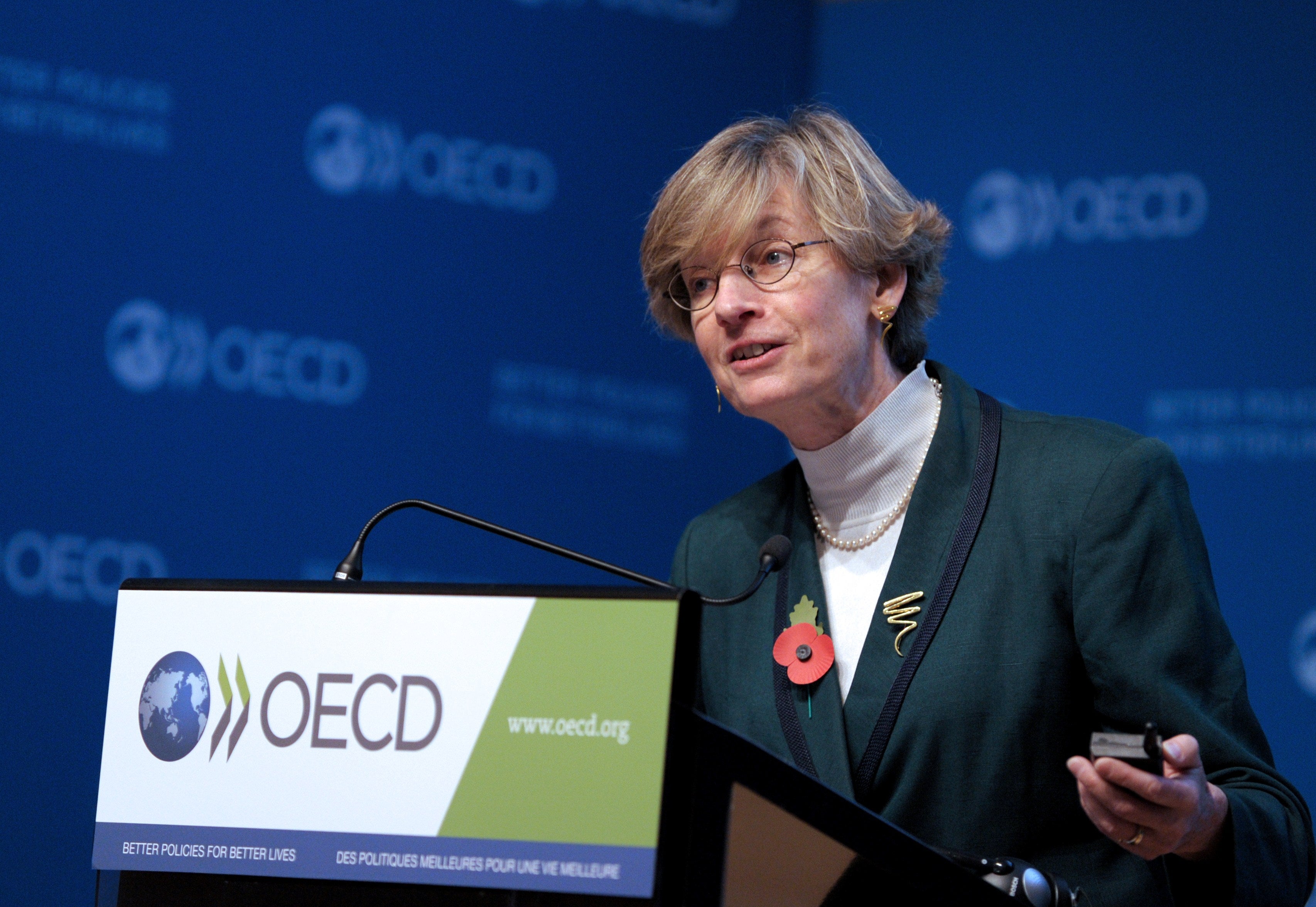Why core inflation is such a problem for MPC rate-setters
Headline inflation will soon be falling but core inflation is proving harder to tackle, writes James Moore


Catherine Mann, the Bank of England’s hawk-in-chief, has been showing her talons again – this time across the Atlantic at a meeting of the National Association for Business Economics, where she is a fellow. “Gas prices in particular are on the downslope, and that type of dynamic is going to be very important in driving headline inflation down,” said Mann, an external member of the rate-setting Monetary Policy Committee (MPC).
However, she issued a warning: “Core goods and services are trending up ... it is going to make it very difficult to do our job.” Indeed so. The Bank of England’s 2 per cent inflation target is based on the Consumer Prices Index (CPI), the most commonly used measure of inflation. The downward trajectory of gas and energy prices will have a big downward impact on that number in the months to come.
CPI compares a basket of last year’s prices to this year’s for each month of the year. We’re fast approaching the time when this year’s energy prices will be compared with 2022 when they were at their peak; as they have started falling, inflation will thus inevitably fall. It would fall even if prices remained flat because last year’s surge in prices will no longer be a part of the calculation; this is what economists refer to as “base effects”.
The problem for the MPC is that core inflation is proving sticky. “Core” inflation strips out volatile components such as gas and food, over which the MPC has little influence. It provides a picture of how much underlying inflation there is at work in the UK economy.
It is currently much lower than the Consumer Prices Index (which delivered a nasty surprise in February by rising to 10.4 per cent from 10.1 per cent the previous month, against a consensus forecast of 9.9 per cent). However, it is still on the rise (6.2 per cent in February, up from 5.8 per cent) and is proving resistant to the MPC’s hard medicine; February’s number was barely off the 6.5 per cent peak recorded in November.
This stickiness of core inflation worries Mann. She has repeatedly made it clear that she sees inflation as a dragon that urgently needs slaying, occasionally casting a dissenting vote for higher rates than the MPC has imposed through the course of the recent cycle of 11 consecutive increases, although she voted with the majority in backing a quarter point rise at the most recent gathering.
Mann has previously warned of companies sneaking through price rises to boost their margins because consumers have become accustomed to paying more, an obvious contributary factor to the stickiness of core inflation. The hard bit she warns about, for the Bank’s policymakers, may be a reference to their having to try to justify higher rates to keep the lid on core inflation when the headline number is coming down and politicians are excitedly talking about lower rates as a result.
A dissenting view was recently outlined by her colleague, Swati Dhingra; it is that the MPC risks undershooting its target if it pushes rates too high now. Below target inflation, even deflation might sound attractive. Why wouldn’t you like falling prices? But it brings its own set of problems. I lean towards Mann’s view; the MPC’s 2 per cent target will be harder to reach if core inflation refuses to budge, and right now it’s sitting in the middle of the road like a weary elephant.
Higher interest rates are painful to all borrowers. Ideally, the MPC would prefer to be raising rates to cool an economy running hot; this one is barely tepid (although it has proven more resilient than most forecasters expected). Mann’s medicine comes with a nasty aftertaste. While rate rises hurt, so does inflation, which has taken a brutal toll on the poorest in society during the most recent spell of surging prices.
Thanks to the outsize contribution of those volatile components, the poor have also been experiencing much higher relative rates than the better-off. But they still get disproportionately hit even if core goods and services are doing the most damage because they have less slack in their budgets to cope.
The MPC’s job might be tough but that’s what its members are paid for, and they really need to keep at it.



Join our commenting forum
Join thought-provoking conversations, follow other Independent readers and see their replies
Comments